After posing for the November cover spread of Modeliste magazine, Zendaya says she was dismayed when she saw how her body was “manipulated” in the final photos. The 19-year-old singer-actress is well known for promoting body positivity and took to social media to express her frustration with the altered images:
Zendaya posted the original picture side-by-side with a retouched shot, using the photo caption to thank the magazine for changing the image. “Thank you@modelistemgazine for pulling down the images and fixing this retouch issue,” she wrote.
But Zendaya isn’t the first actress to protest the use of Photoshop to modify women’s bodies in media. Several other celebrities have either spoken out or purposely posed without editing in the hopes of changing the world’s unrealistic beauty standards:
Keira Knightley
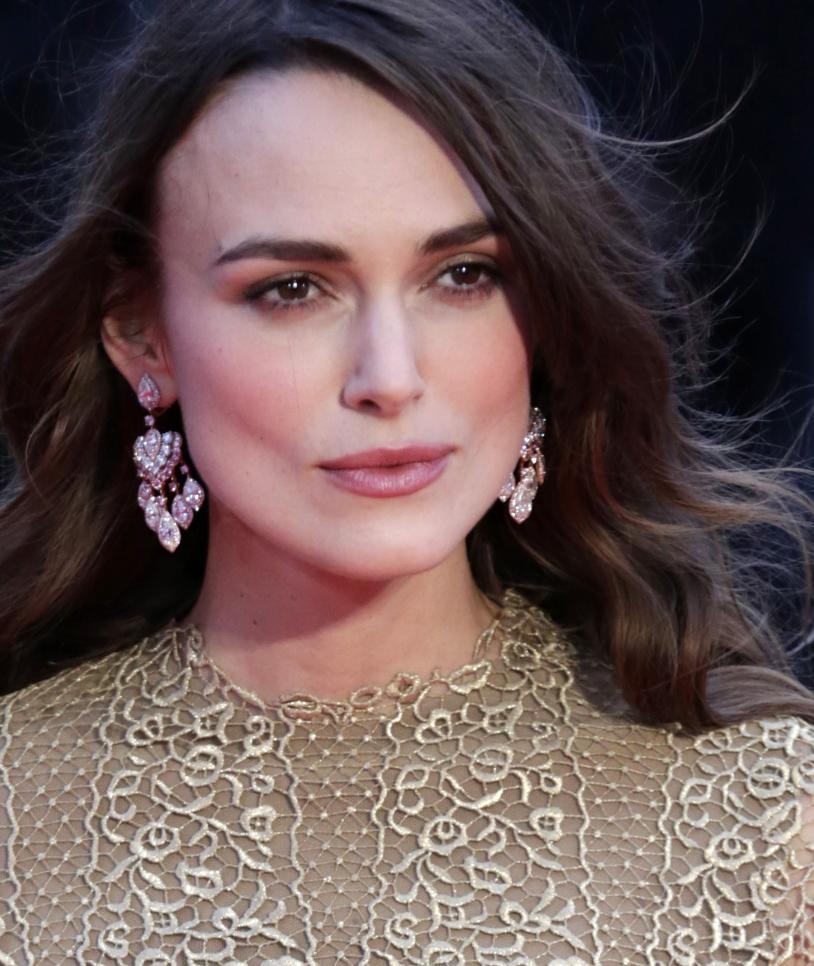
Keira Knightley posed topless for the November 2014 issue of Interview magazine so that fans would know what she really looked like. The actress said her image is often manipulated to make her breasts look larger or her body curvier, so she wanted to set the record straight and send the message that it doesn’t matter what shape you are. “I think women’s bodies are a battleground,” Knightley told The Times. “And photography is partly to blame.”
Jamie Lee Curtis
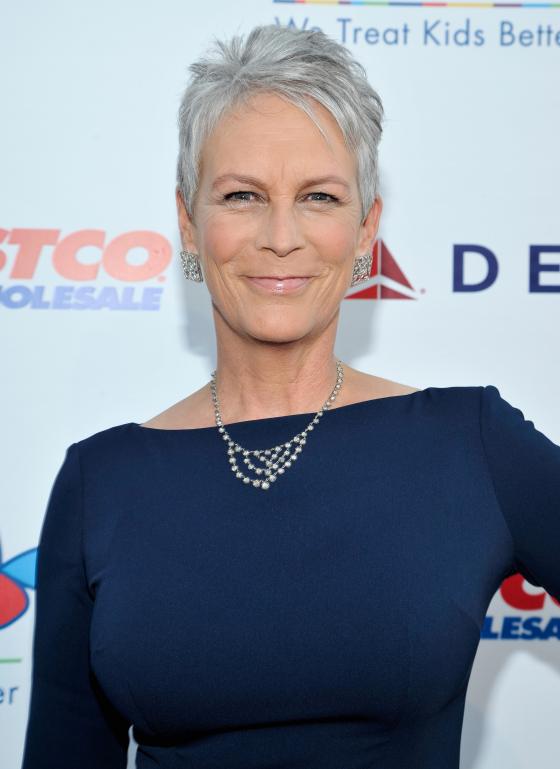
Curtis famously went nude as a young actress for films like Trading Places and Perfect. But she stripped down again in 2008 at the age of 50, posing topless on the cover of AARP to show women that they can be beautiful at any age.
And that wasn’t the first time Curtis made a statement with her body. In 2002, she posed makeup free and unretouched in a sports bra and underwear for More magazine. “There’s a reality to the way I look without my clothes on,” she said at the time. “I don’t have great thighs. I have very big breasts and a soft, fatty little tummy. And I’ve got back fat. People assume that I’m walking around in little spaghetti-strap dresses. It’s insidious—Glam Jamie, the Perfect Jamie, the great figure, blah, blah, blah. And I don’t want the unsuspecting forty-year-old women of the world to think that I’ve got it going on. It’s such a fraud. And I’m the one perpetuating it.”
Lorde
Back in March 2014, Lorde protested Photoshopping on her Twitter account and reminded fans that everyone has flaws.
The “Royals” singer has been very open about her imperfect skin, even Instagramming a picture of herself with acne cream on.
(READ: Not-So-Flawless: Lorde Protests Photoshopping)
Kate Winslet
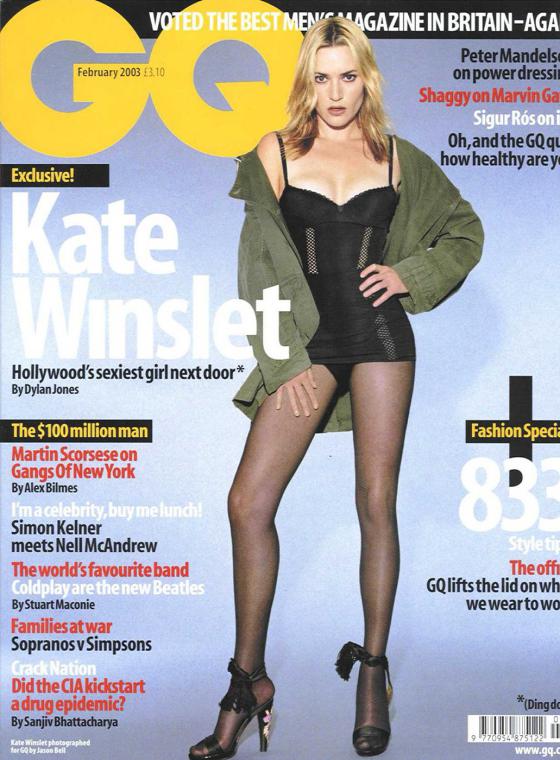
After GQ got Photoshop happy with a picture of Kate Winslet for a 2003 cover, shrinking her legs and curves, the Titanic star came out against the editing.
“I actually have a Polaroid that the photographer gave me on the day of the shoot…I can tell you they’ve reduced the size of my legs by about a third,” Winslet told the BBC. “For my money it looks pretty good the way it was taken.”
Winslet has also taken a stand against cosmetic surgery. “It goes against my morals, the way that my parents brought me up and what I consider to be natural beauty,” Winslet told The Telegraph in 2011. “I will never give in.”
Ashley Benson
Pretty Little Liars actress Ashley Benson publicly slammed ABC Family for an image the network put out to promote the show in 2013. “Saw this floating around…hope it’s not the poster. Our faces in this were from 4 years ago…and we all look ridiculous,” she wrote. “Way too much photo shop [stet]. We all have flaws. No one looks like this. it’s not attractive.”
Benson went on to share her personal philosophy with her followers, “Remember, you are ALL beautiful. Please don’t ever try and look like the people you see in magazines or posters because it’s fake. It only causes an unhealthy mind about how you see yourself. You are perfect the way you are.”
One of Benson’s costars, Troian Bellisario, responded to Benson’s post on Instagram, saying, “Wow @itsashbenzo I couldn’t agree more. Very cool concept as always. But aren’t we attractive enough women as we are? Why can’t we just look like us. Once.”
(READ: Pretty Little Liars Star Talks GQ Photoshop Controversy)
Colbie Caillat
The singer went makeup-free in her video for her song “Try” last year. Caillat told TIME in June 2014 that her own struggles with beauty standards inspired her to write the song, which is about the many pressures women face.
“‘Try’ is written from my personal experience having so many insecurities, as people do and I think women especially do. We see people looking perfect on TV and compare ourselves to them,” Caillait said. “I remember when I was a teenager, I was so confused about how I should look, and I tried changing every single thing about myself…If girls at that age were just comfortable in their own skin it will benefit them for the future.”
Lady Gaga
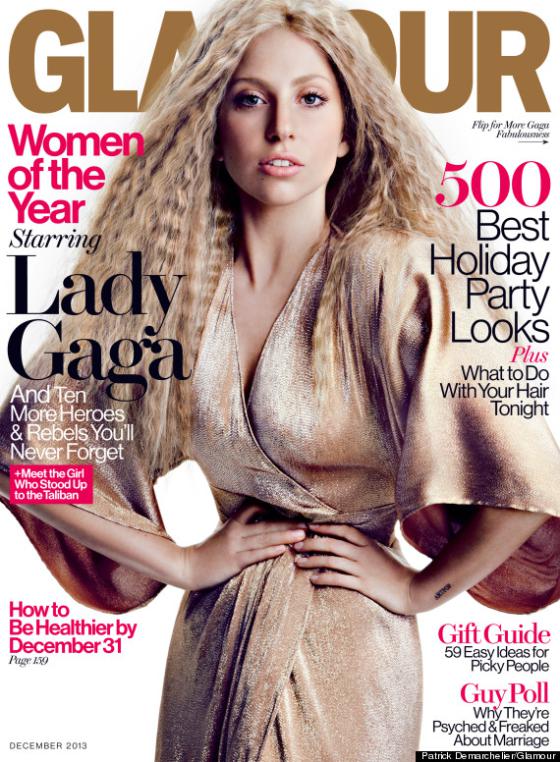
Lady Gaga was not pleased with her December 2013 Glamour cover, which she felt was heavily airbrushed. When Gaga was honored at the Glamour Woman of the Year Awards, she took the opportunity to blast the magazine for its overuse of Photoshop.
“I felt my skin looked too perfect. I felt my hair looked too soft,” the “Bad Romance” singer said. “I do not look like this when I wake up in the morning… I don’t even look like this,” referring to her wild wig and makeup for the evening. She went on to say that she thought photoshop was damaging to readers who see the images and called on her fans to “fight back against the forces that make them feel like they’re not beautiful.”
She also issued a challenge to the media: “It is fair to write about the change in your magazines. But what I want to see is the change on your covers… When the covers change, that’s when culture changes.”
Gisele Bundchen
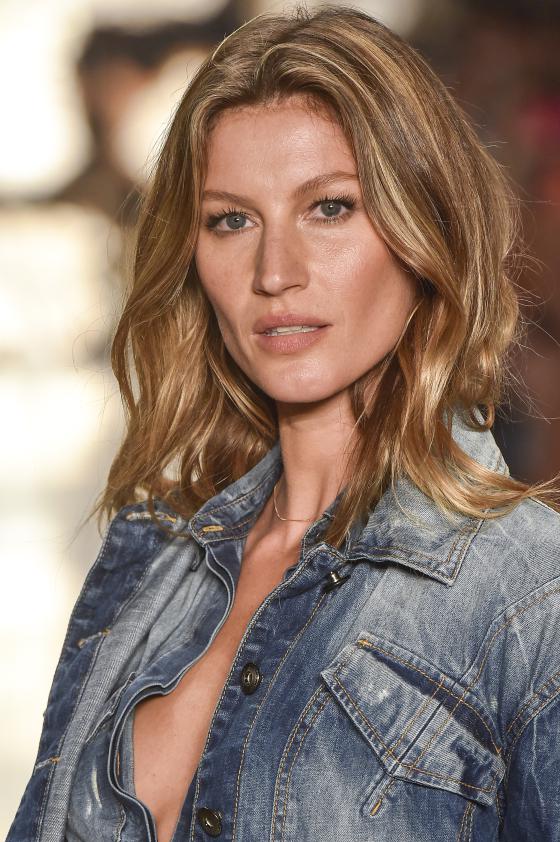
Gisele, arguably the world’s most powerful fashion model, bemoaned the use of airbrushing in high-fashion photographs in 2013. After shooting a campaign without makeup or hairstyling for BLK DNM, she praised the brand’s creative director for his natural approach. “I feel like women should be really real and raw and it doesn’t really happen anymore [in fashion photographs],” she told Fashionista. “I love that feeling of, you know, we are women — we are so different. Our imperfections are what makes us unique and beautiful. He gets that. He’s not trying to retouch you or put a pretty light on you. He’s not like, ‘You’ve got to look a certain way.’ He’s like, ‘You are you.'”
(READ: This Is What the Same Woman Looks Like Photoshopped in Different Countries)
PHOTOS: See the Same Woman Photoshopped in Different Countries
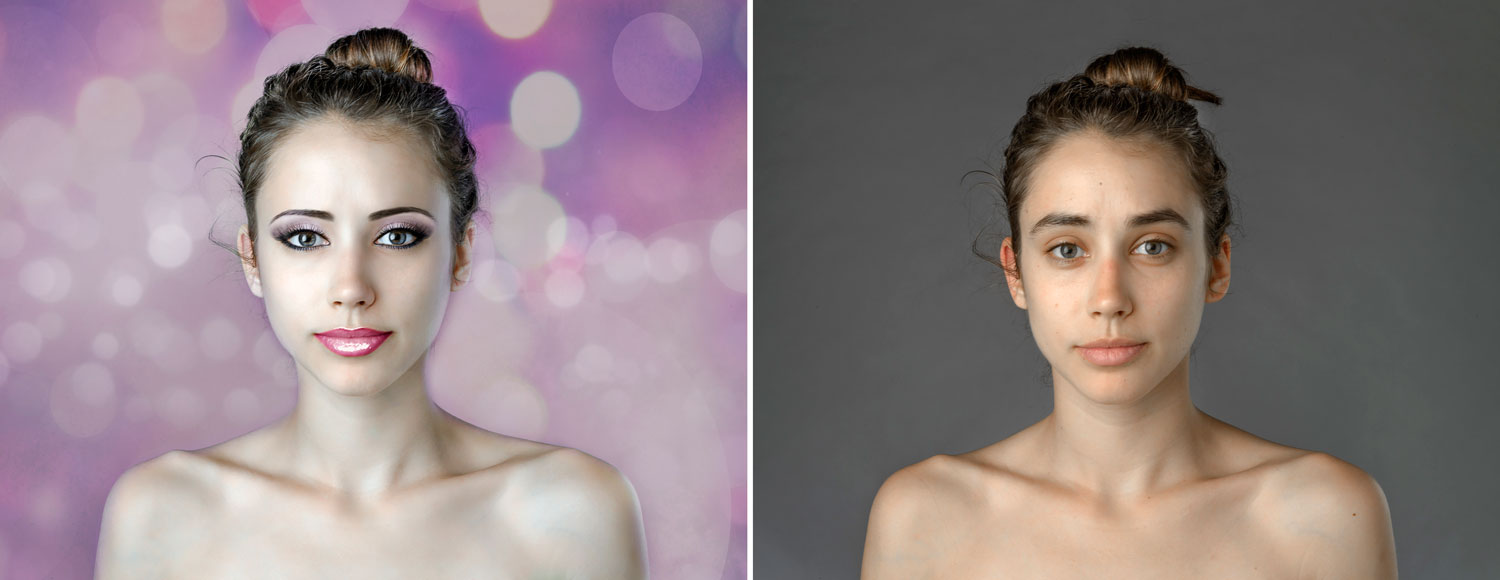
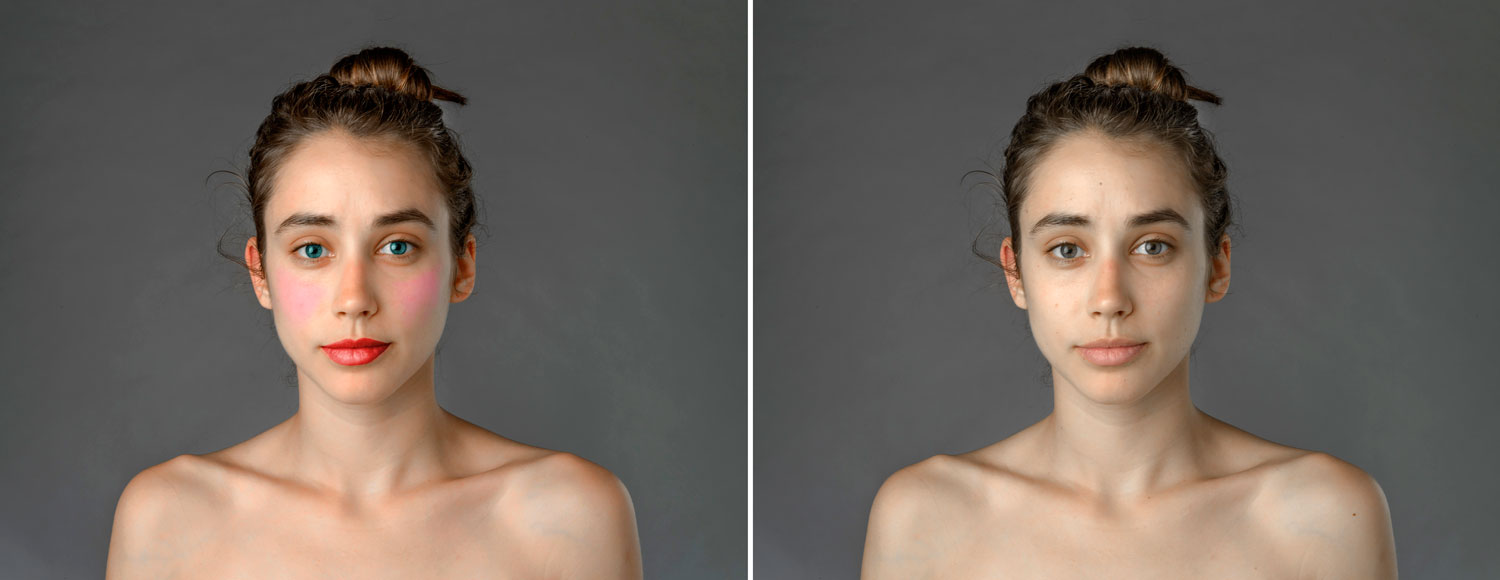
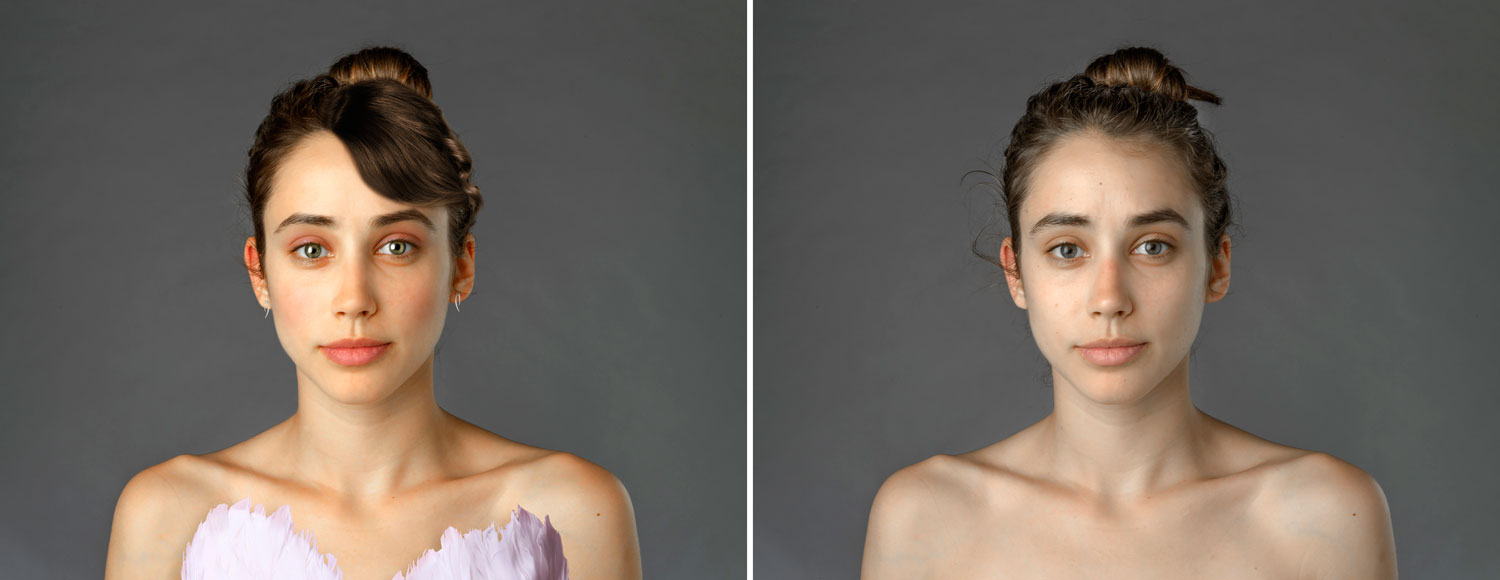
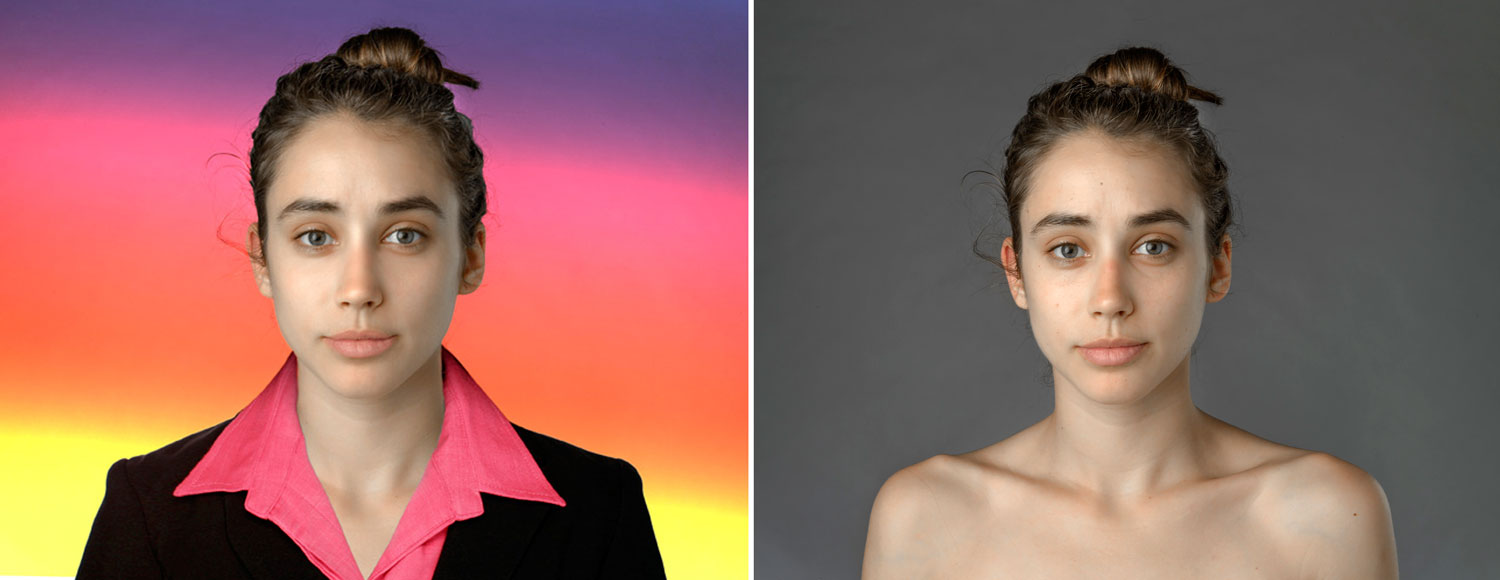
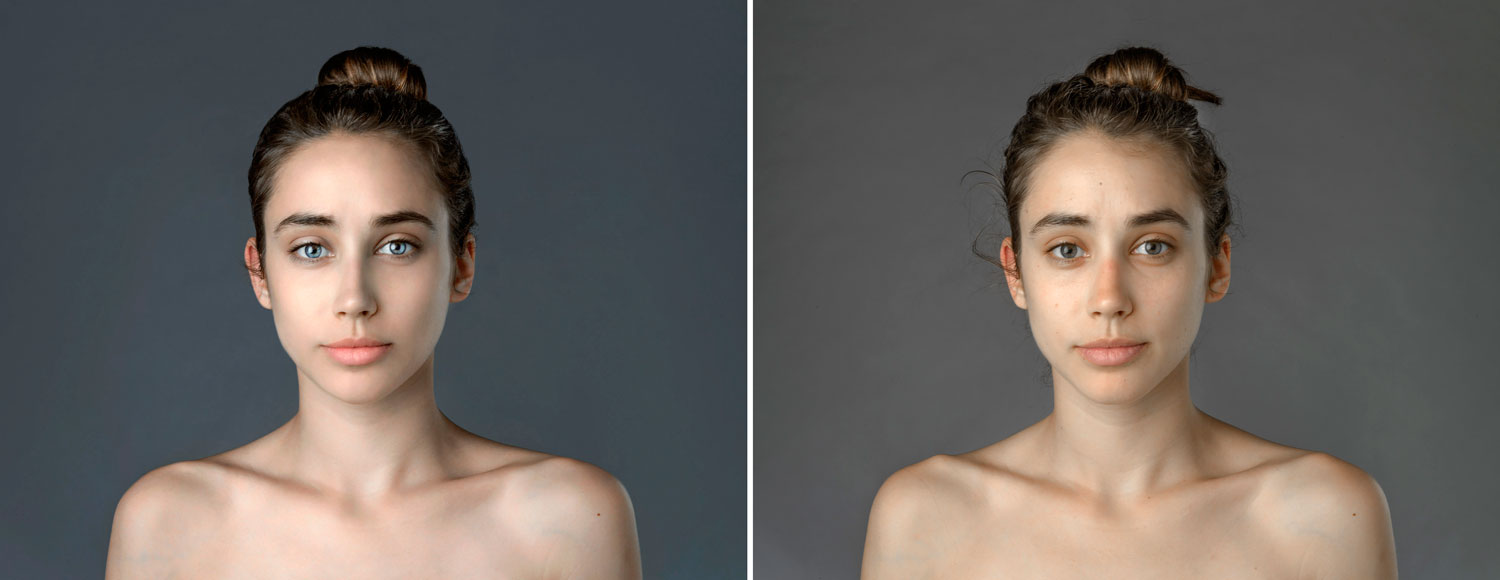
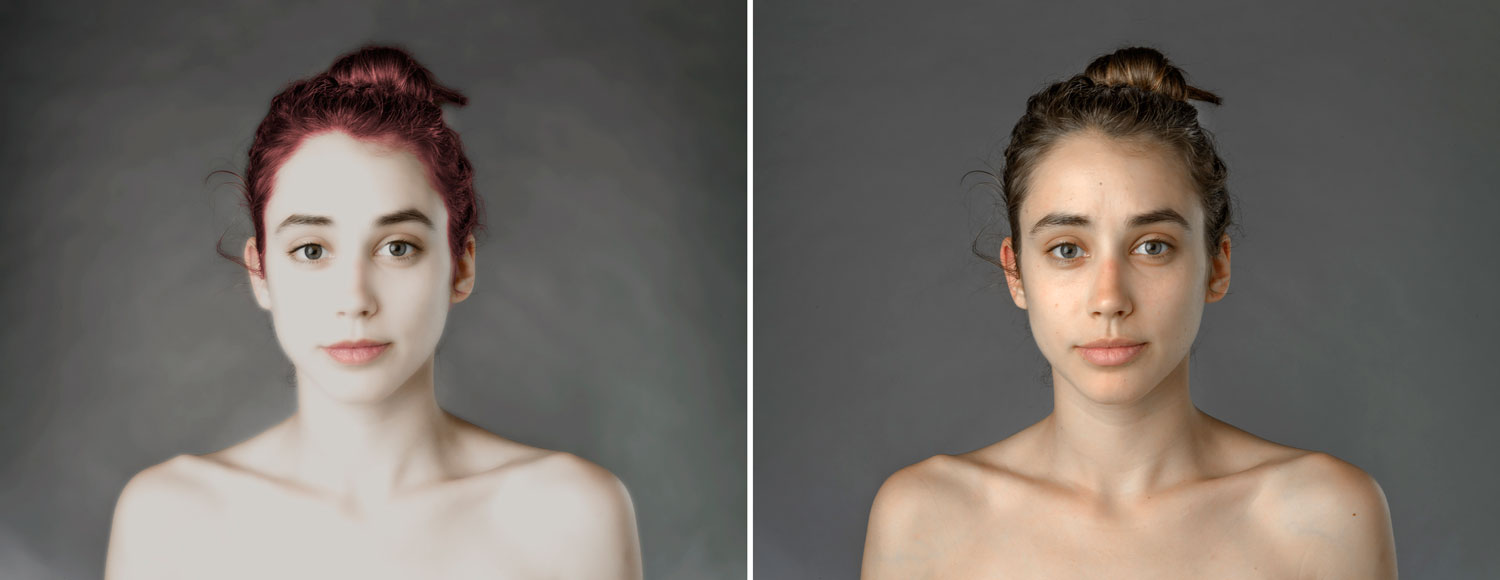
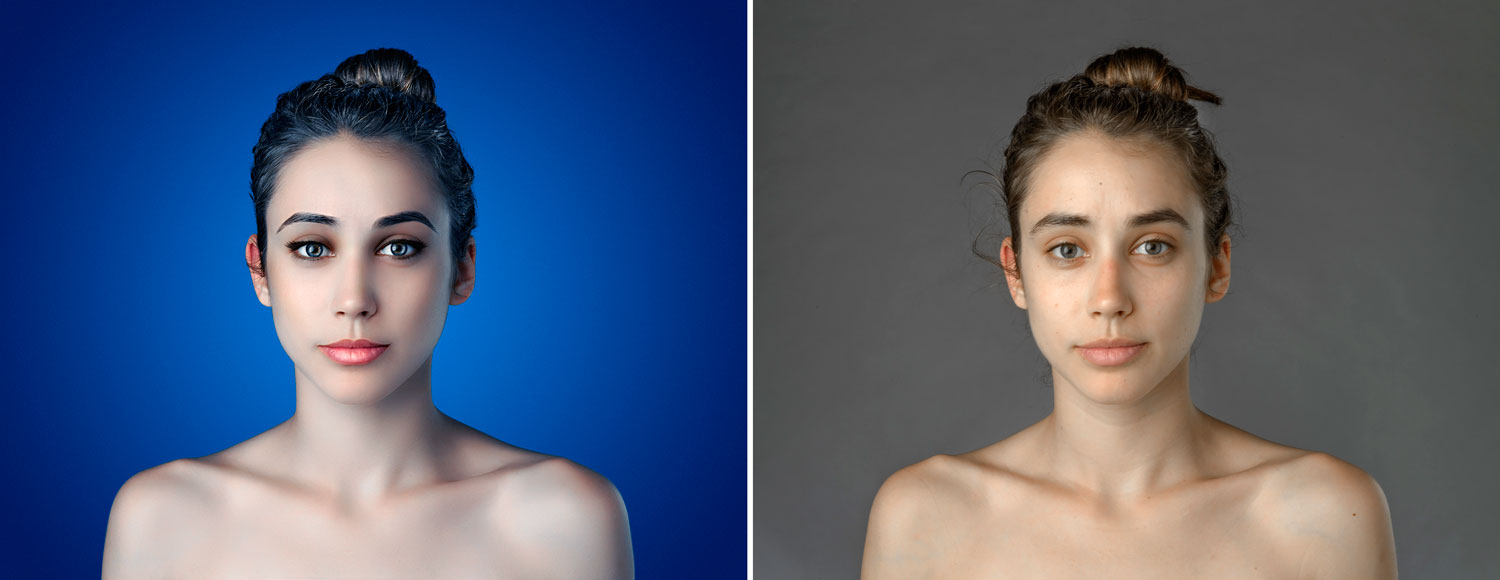
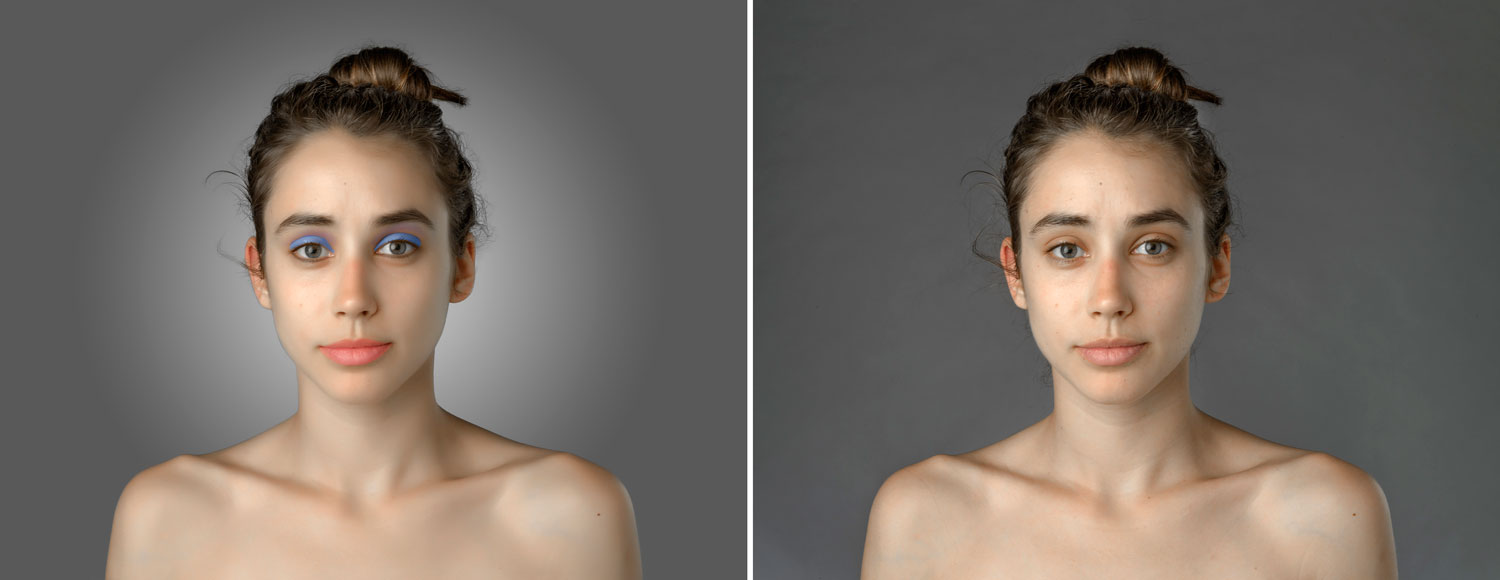
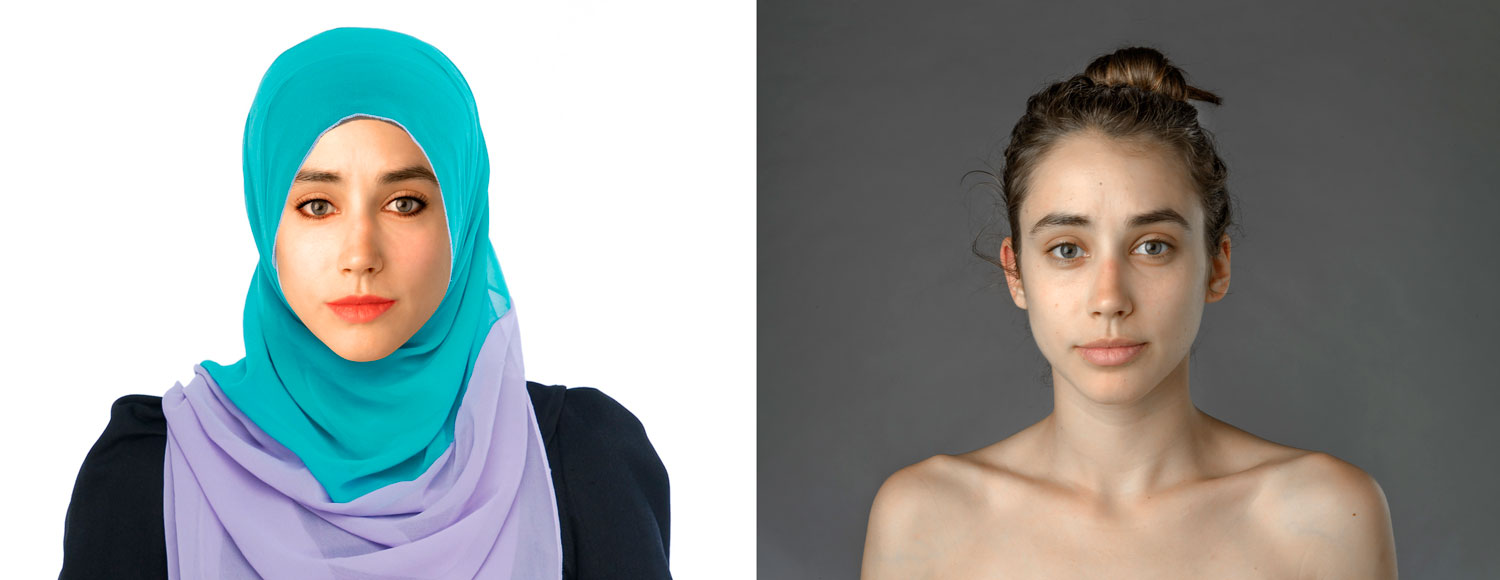
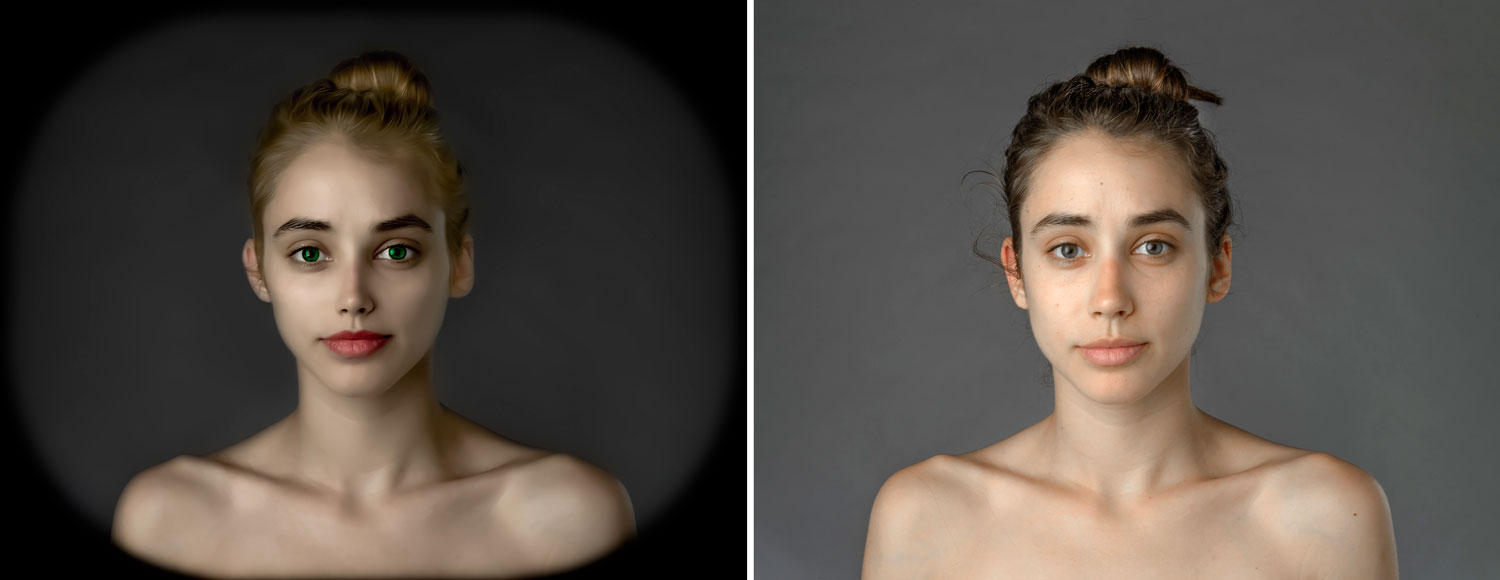
More Must-Reads from TIME
- Cybersecurity Experts Are Sounding the Alarm on DOGE
- Meet the 2025 Women of the Year
- The Harsh Truth About Disability Inclusion
- Why Do More Young Adults Have Cancer?
- Colman Domingo Leads With Radical Love
- How to Get Better at Doing Things Alone
- Michelle Zauner Stares Down the Darkness
Write to Eliana Dockterman at eliana.dockterman@time.com and Megan McCluskey at megan.mccluskey@time.com



